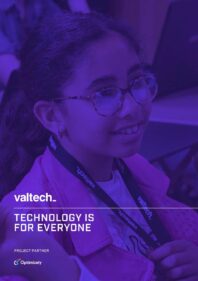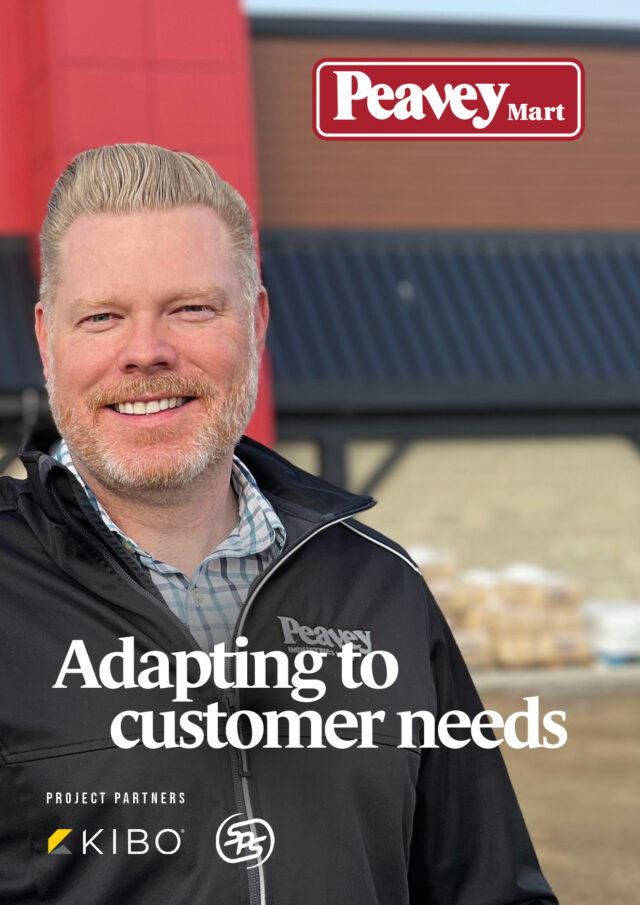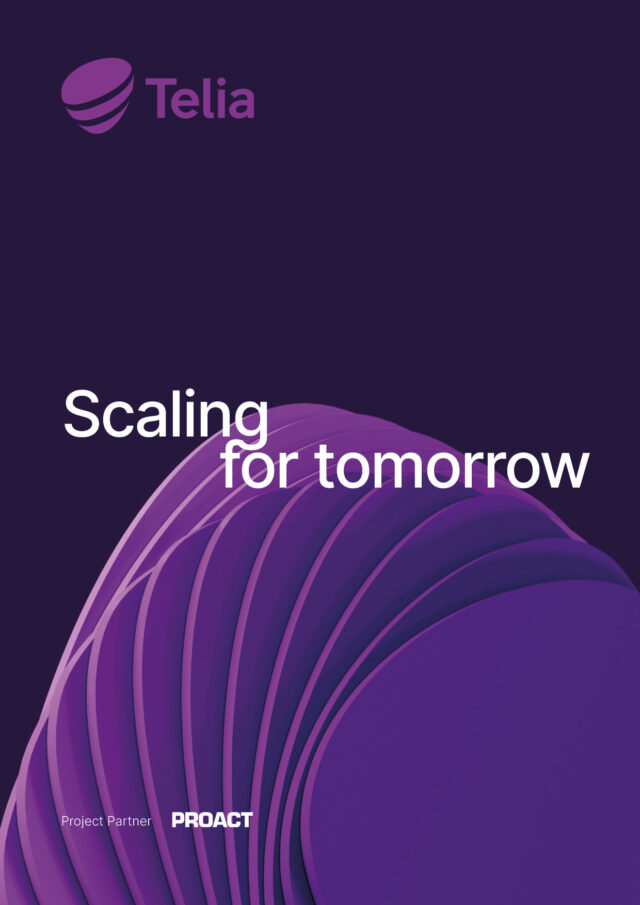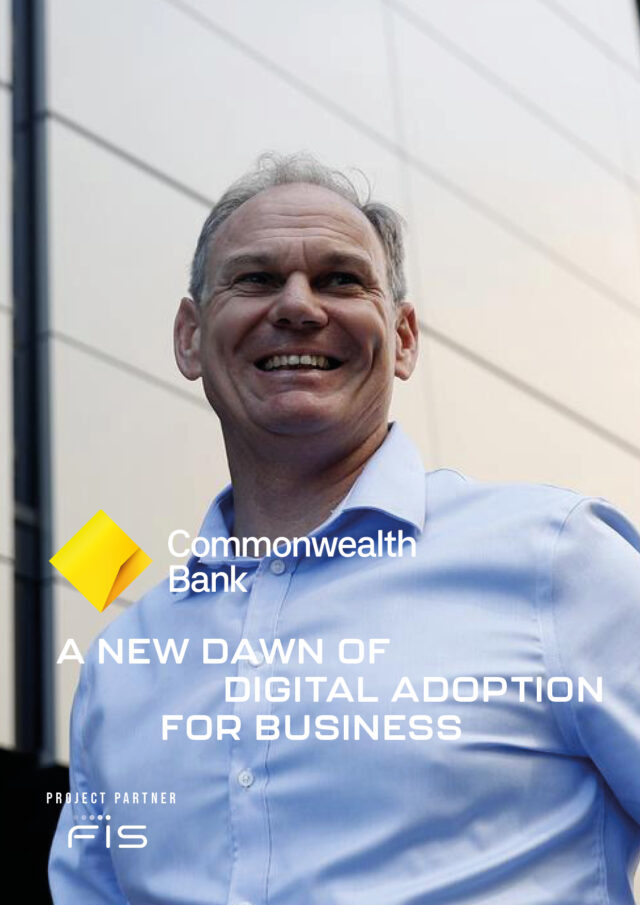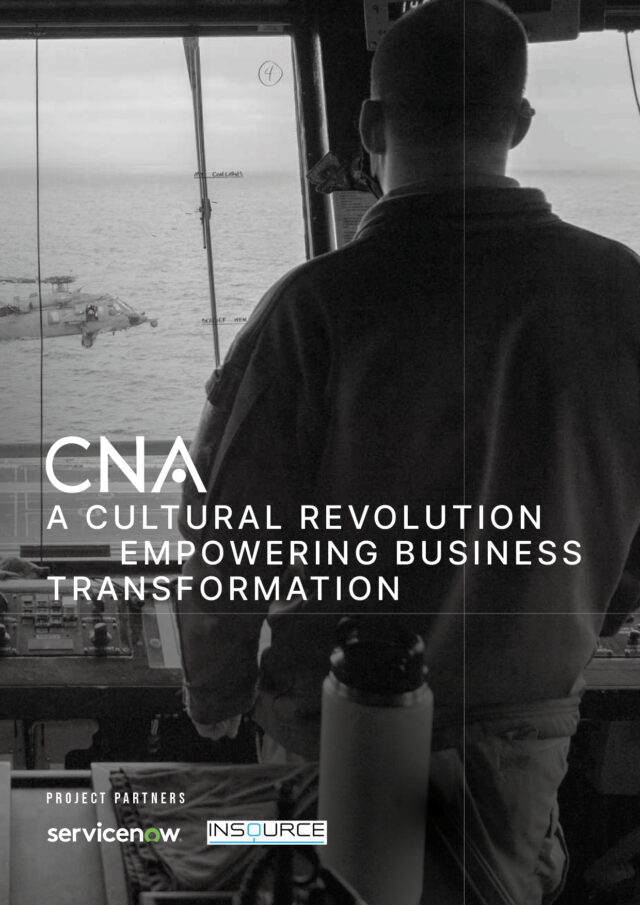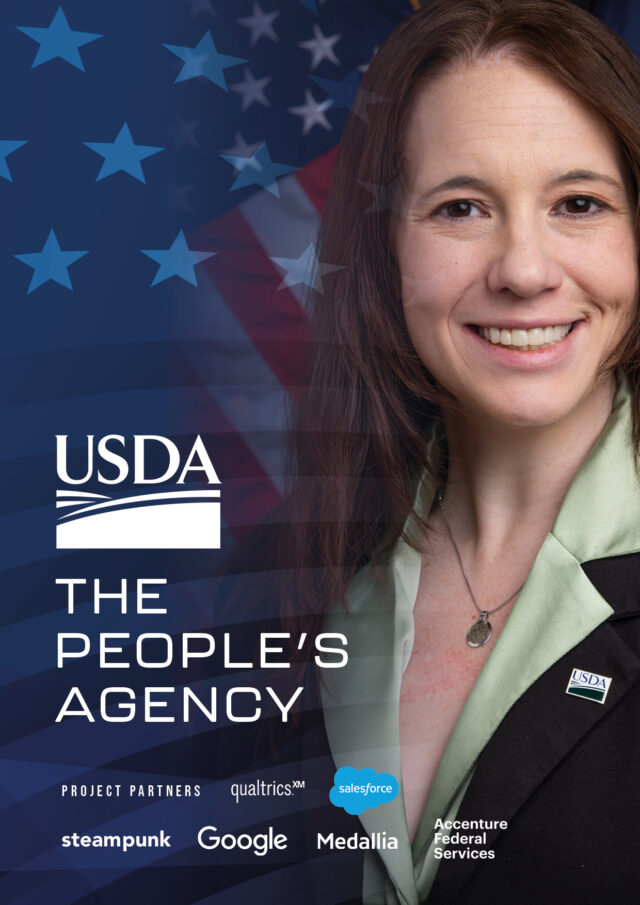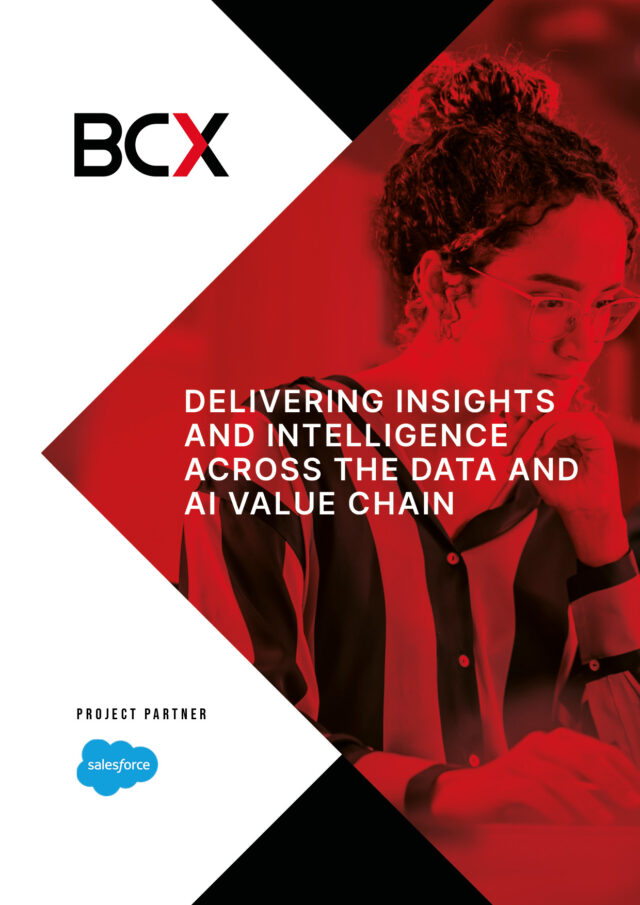If the World Economic Forum’s estimates are proven correct, the global gender gap won’t be eliminated until the year 2156. Its Global Gender Gap Report 2021 serves as a stark reminder that, in spite of some positive changes being set in motion, collective worldwide action (not sentiment) is needed to eliminate inequalities that are holding societies back both socially and economically.
From a business perspective, the case for diversity has already been proven. Research shows that companies with greater diversity among executive teams tend to generate higher profits and greater long-term value. Inclusive teams make better business decisions up to 87% of the time, while enterprises with low rates of both gender and racial diversity are 29% more likely to make less money.
However, in spite of these findings, the diversity agendas of many professions, including those involving technology, are lagging behind. It is a paradigm that global digital agency Valtech is passionate about shifting. Allison Abraham, one of the company’s managing directors based in Toronto, has broken the glass ceiling in what has been a long-time industry dominated by men at all levels. “In our industry, there’s only one female engineering grad for every four males,” she explains, “and there’s less than a quarter of high paying leadership roles that are actually held by women.
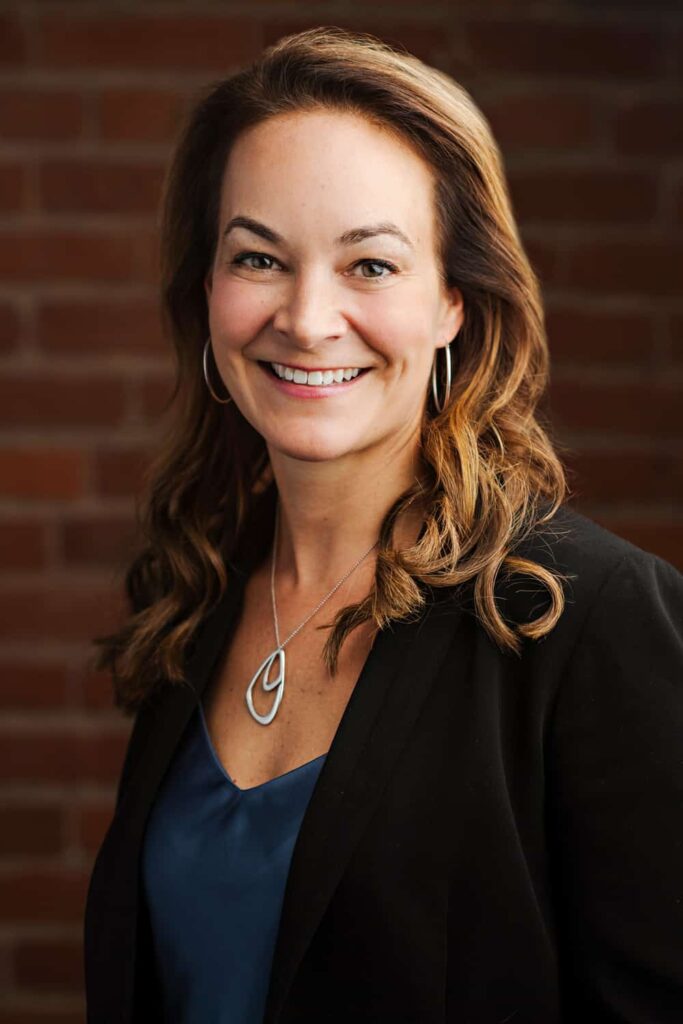
“In the industries of tomorrow, every company is a technology company in some way, so we need to work now to ensure that we’re involving everybody in the progress and the evolution of this tech-driven phenomenon. Regardless of gender or race or orientation, it’s about creating more innovators and creating the communities that allow them to flourish.”
Reflecting society
This is exactly what the global Valtech community is attempting to achieve. Central to this is an approach to business that is underpinned by inclusion of everyone, regardless of gender, ethnicity or background.
Sheree Atcheson, the company’s Global Director of Diversity & Inclusion (D&I), explains: “What’s key in technology, very specifically, and certainly with diversity and inclusion, is that we are creating solutions to problems and technology advancements for society as a whole. Society as a whole is not a monolith – it is not one group of people, nor is it a subset of a group of people. It is everybody. What is vital is that when we are creating the solutions that everybody is using, we’re making sure that we are considering those perspectives, the needs, the datasets and so on, for all of those groups of people. If we make decisions in an echo chamber, decisions will be made on assumption and bias.”
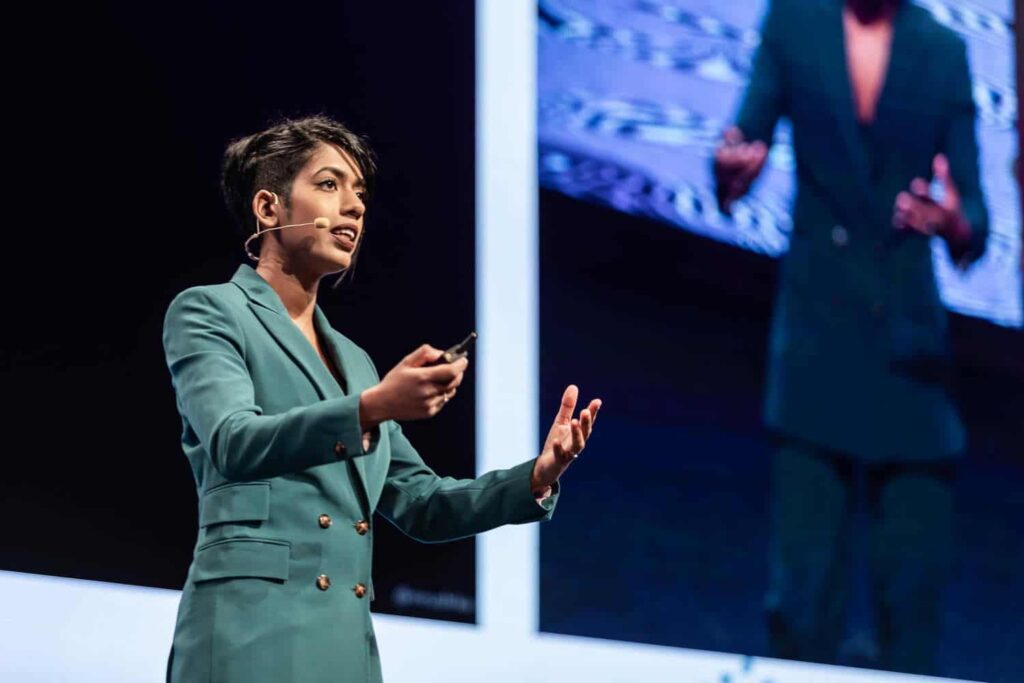
Atcheson goes on to observe how the COVID-19 pandemic has exposed and widened the extent to which inequalities exist. Employees from different walks of life have weathered the storm in different ways, and for the Global Director of D&I, it is down to senior leaders to step up, listen and make changes to bridge the growing divides.
“It has demonstrated the importance of compassionate leadership,” Abraham adds. “Whether it has been a focus on mental health, a focus on an understanding of the work-life balance that they’re trying to juggle in so many different aspects – compassionate leadership was the only way to lead through this pandemic.”
Indeed, the pandemic has disrupted societies and businesses to an extent that almost nobody anticipated when news of the outbreak reverberated around the world in early 2020. Workplaces and events have gone virtual, a shift in dynamic that Valtech has had to manage carefully over the past 18 months.
Fittingly, our conversation is taking place on Valtech’s global tech_Girl day, the annual flagship event for the company’s highly successful initiative that was created by two employees in Sweden back in 2014. tech_Girl is all about encouraging girls aged between nine and 14 to participate in technological disciplines such as programming. Participants are invited into Valtech offices (or virtually in the current climate) where they are taught critical technical skills.
“These girls might get some STEM education in school, but they may not understand that technology can open them up to so many different roles like project management, design thinking, CX, UX, and many others,” Abraham says. “There’s so many things that we can expose them to, that they might not have seen within their schools, and from their teachers and peers. It allows them to look at a different aspiration or career opportunity at an early age.”
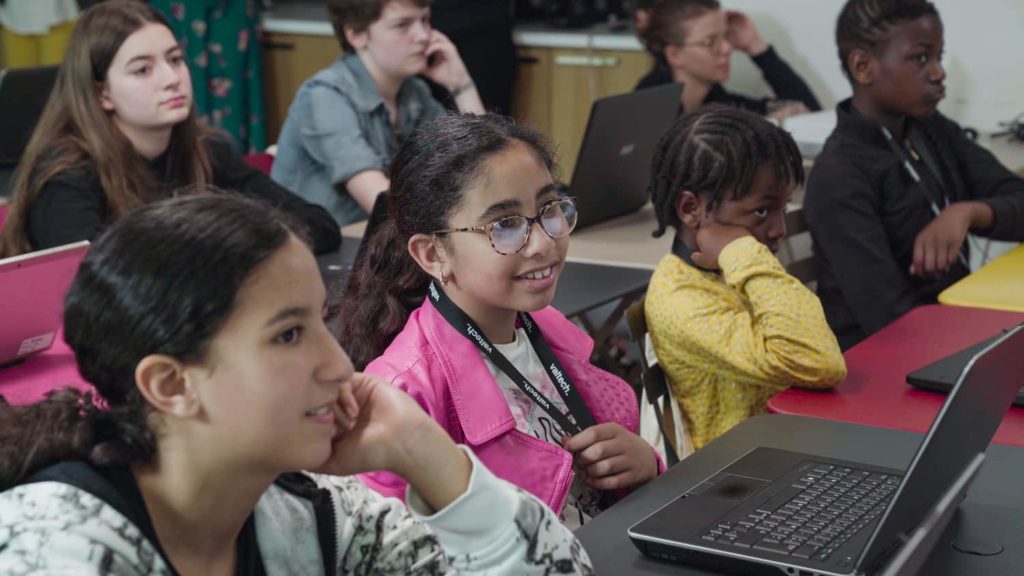
Abraham quickly fell in love with the programme when she visited the Swedish office in 2018, and immediately set about rolling it out across the firm’s North American branches. Today, the initiative has a truly global reach, the latest tech_Girl day being conducted across 13 offices from India to the Ukraine, and from the US to the UK. The MD also points to a version 2.0 of tech_Girl that goes beyond technical training and into the nurturing of softer leadership skills.
“This involves the ability to form deep, meaningful relationships, how to have difficult conversations and use effective communication as a negotiation tool,” Abraham explains. “These are essential leadership skills, because leaders need to have difficult conversations. Leaders are the ones that have the courage to go first, and I think teaching these girls to have a little bit more confidence in listening, communicating, and giving and receiving feedback can enable them to leave the programme better equipped for that path to leadership.”
Role models
Another key aspect of tech_Girl, and something which Abraham believes is an essential component to bridging the gender gap in the technology sphere, is utilising role models.
“I’ve been in the industry for two decades and the reality is, many times I’m the only woman in the room,” she continues. “If there’s any inspiration girls can draw from my career path, it’s about being able to hold your own and be confident about who you are in a kind, considerate and respectful way, even though you’re pushing your own agenda, your own work ethics and your own ambitions. You can succeed in a room of 30 men.”
Atcheson agrees. For several years, she has been working with global non-profit Women Who Code, providing free monthly meetups and serving as a source of inspiration for women seeking to succeed in the tech space.
“I share my journey very regularly, certainly as an adopted woman of colour and raised in Ireland from a poor background,” Atcheson says. “Some will have the experience of being the only female in their teams, offices and boardrooms, but a lot of people don’t have the experience of being the only one in their family, in their extended family, in their school, in their town, and that certainly shifts the perspectives that I have.
“I firmly believe that role models absolutely play a part. We have role models from all different walks of life – the notion that you can achieve because you’ve seen someone who sounds like you, who’s from a similar background, who’s done it already, is critical to mobilising more women into technology.”
The duo are also unanimous in their belief that men have an equally important role to play as allies, mentors and sponsors.
“It is going to take all of us to change this,” Abraham says, “and so men play a very important role, especially if one is lucky enough to be in leadership position. I truly believe it is their responsibility, and all of our responsibilities to promote, encourage and inspire others into leadership positions.”
A transparent future
The tech_Girl scheme is just one of many initiatives currently driven at Valtech to bridge the industry gender gap. Ongoing core activities include mentorship and sponsorship of female employees, with Atcheson looking to develop a suite of training resources and formalise structures on diversity and inclusion as part of her first major projects in the new D&I role.
“We want to embed training on things like microaggressions and provide colleagues with information on how to be an inclusive interviewer,” she adds. “And we have a great base to start from. The team has done a lot of work since last year when they really levelled up and started putting time and investment into this – this makes it a lot easier for me to build the rest of the house now that we have a strong foundation in place.”
Underpinning all this work will be reporting and accountability systems. This is crucial at a company level and in broader tech industry sense, for without the means to track and evaluate progress, systemic long-term change cannot be qualified, let alone sustained.
For Valtech’s Global Director of D&I, this must cover quantitative and qualitative aspects, with findings shared internally and externally for other organisations to learn from and potentially copy.
“How do people from different backgrounds feel about working at Valtech? Do they feel supported by their manager? Do they feel a sense of belonging? Do they feel like actually this is a place they want to stay? These are
the sorts of questions I will be asking,” Atcheson reveals.
Looking ahead, both Atcheson and Abraham are ardent optimists. Yes, the various worldwide statistics on inequalities are daunting, but Valtech is responding with tangible action, which is the only way those figures will start to improve.
“I’m really confident about the future and the role Valtech can play,” Abraham says, bringing the conversation to a close. “I am extremely proud of what we’ve done over the last three years – I’ve noticed a massive change in understanding what diversity and inclusion means.
“We have a path where I can see ahead to 2025 when all of our employees within our walls feel valued and are seen and heard, encouraging more women into technology and inspiring everybody to have an authentic voice. I don’t want to be here having a conversation about gender. We want to reach a day where a person gets the job because they’ve worked hard and earned it.”
